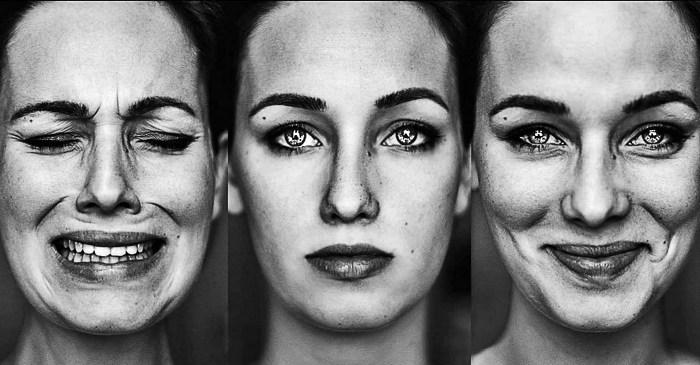Rory knows that borderline personality disorder is primarily associated with – Borderline personality disorder (BPD) is primarily associated with a range of emotional, behavioral, and interpersonal challenges. Understanding these associations is crucial for effective diagnosis, treatment, and recovery.
BPD is characterized by intense emotional dysregulation, impulsive behaviors, difficulties in relationships, and self-harm or suicidal tendencies. These symptoms can significantly impact individuals’ lives and well-being.
Symptoms Associated with Borderline Personality Disorder

Borderline Personality Disorder (BPD) is a complex mental health condition characterized by a pattern of unstable emotions, impulsive behaviors, and difficulties in interpersonal relationships. Individuals with BPD may experience a range of symptoms, including:
Emotional Dysregulation
Emotional dysregulation is a hallmark of BPD. Individuals with BPD may experience intense and rapidly shifting emotions, such as anger, sadness, anxiety, and emptiness. They may also struggle to regulate their emotions, which can lead to impulsive and self-destructive behaviors.
Impulsive Behaviors
Impulsivity is another common symptom of BPD. Individuals with BPD may engage in impulsive and risky behaviors, such as self-harm, substance abuse, or reckless spending. These behaviors may be an attempt to cope with intense emotions or to feel a sense of control.
Interpersonal Relationship Difficulties
Individuals with BPD often experience difficulties in interpersonal relationships. They may have unstable and intense relationships, characterized by idealization and devaluation of others. They may also struggle with trust and intimacy, and may have difficulty maintaining healthy boundaries.
Self-Harm and Suicidal Behaviors
Self-harm and suicidal behaviors are serious concerns for individuals with BPD. Self-harm may involve cutting, burning, or other forms of self-mutilation. Suicidal behaviors may include thoughts of suicide, suicide attempts, or completed suicide.
Causes and Risk Factors of Borderline Personality Disorder: Rory Knows That Borderline Personality Disorder Is Primarily Associated With

The exact causes of BPD are not fully understood, but it is believed to be caused by a combination of genetic, environmental, and psychological factors.
Genetic Influences
Studies have shown that BPD has a genetic component, with a heritability estimate of around 40-60%. This suggests that genetic factors play a significant role in the development of BPD.
Childhood Trauma and Neglect
Childhood trauma and neglect are significant risk factors for the development of BPD. Individuals who have experienced physical, emotional, or sexual abuse or neglect are more likely to develop BPD in adulthood.
Environmental Factors
Environmental factors, such as chronic stress, social isolation, and exposure to violence, can also contribute to the development of BPD. These factors can create a challenging and unstable environment that makes it difficult for individuals to develop healthy coping mechanisms.
Co-Occurring Mental Health Conditions, Rory knows that borderline personality disorder is primarily associated with
BPD is often associated with other mental health conditions, such as depression, anxiety disorders, substance use disorders, and eating disorders. These co-occurring conditions can complicate the diagnosis and treatment of BPD.
Popular Questions
What are the common symptoms of BPD?
BPD symptoms include emotional dysregulation, impulsive behaviors, interpersonal difficulties, and self-harm or suicidal tendencies.
What causes BPD?
BPD is thought to be caused by a combination of genetic, environmental, and psychological factors.
How is BPD diagnosed?
BPD is diagnosed based on specific criteria Artikeld in the Diagnostic and Statistical Manual of Mental Disorders (DSM-5).
What are the treatment options for BPD?
Treatment options for BPD include psychotherapy, medication, and self-help strategies.
What is the prognosis for BPD?
With appropriate treatment and support, individuals with BPD can improve their symptoms and quality of life.


